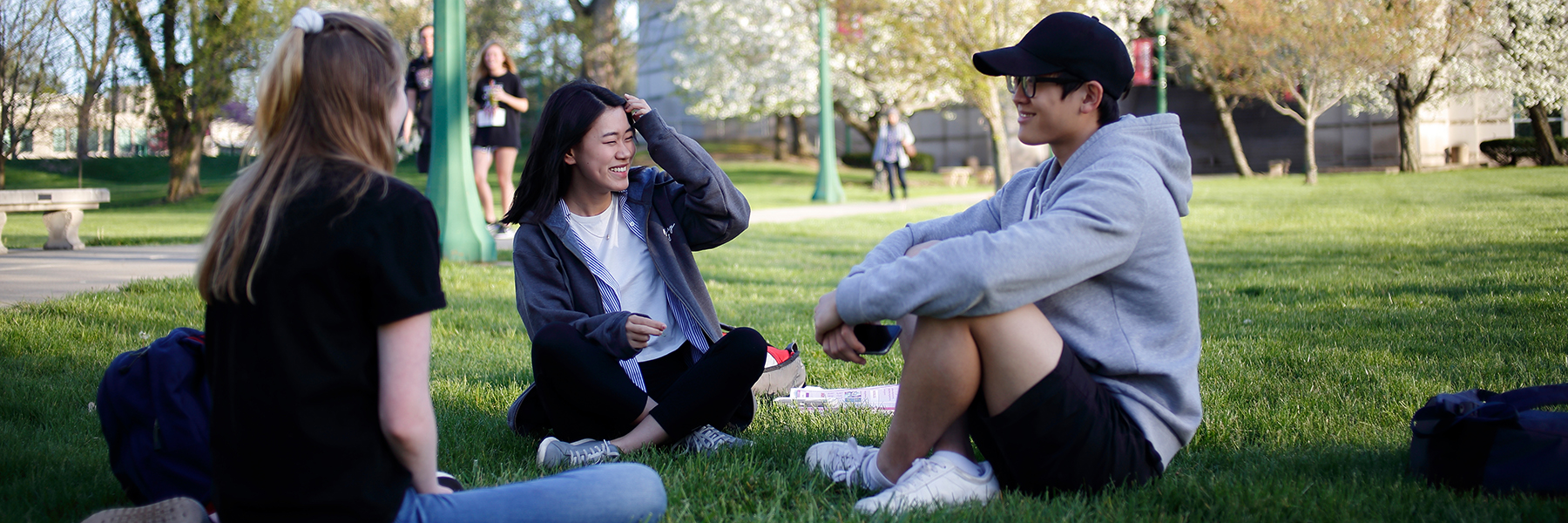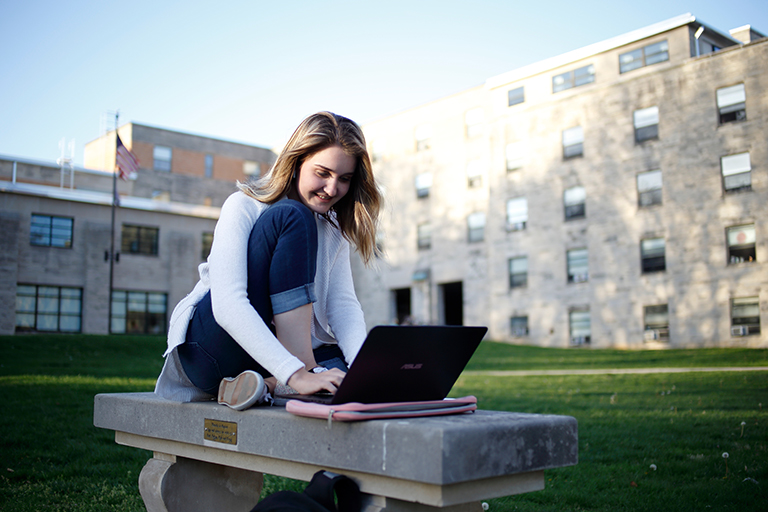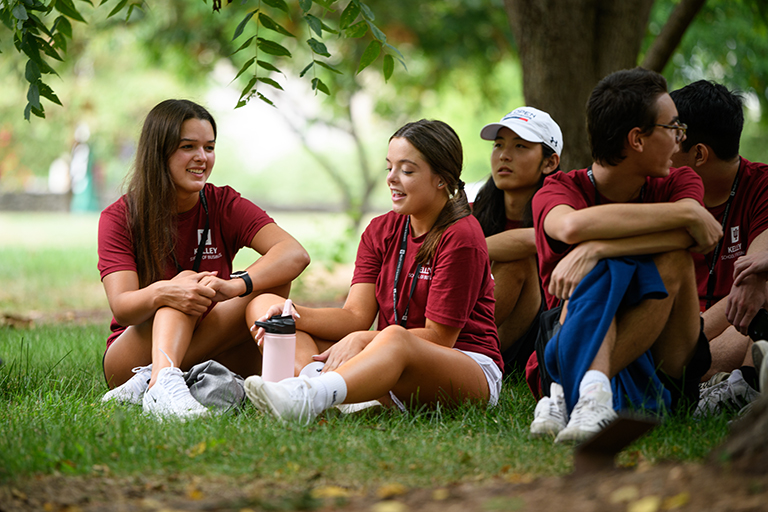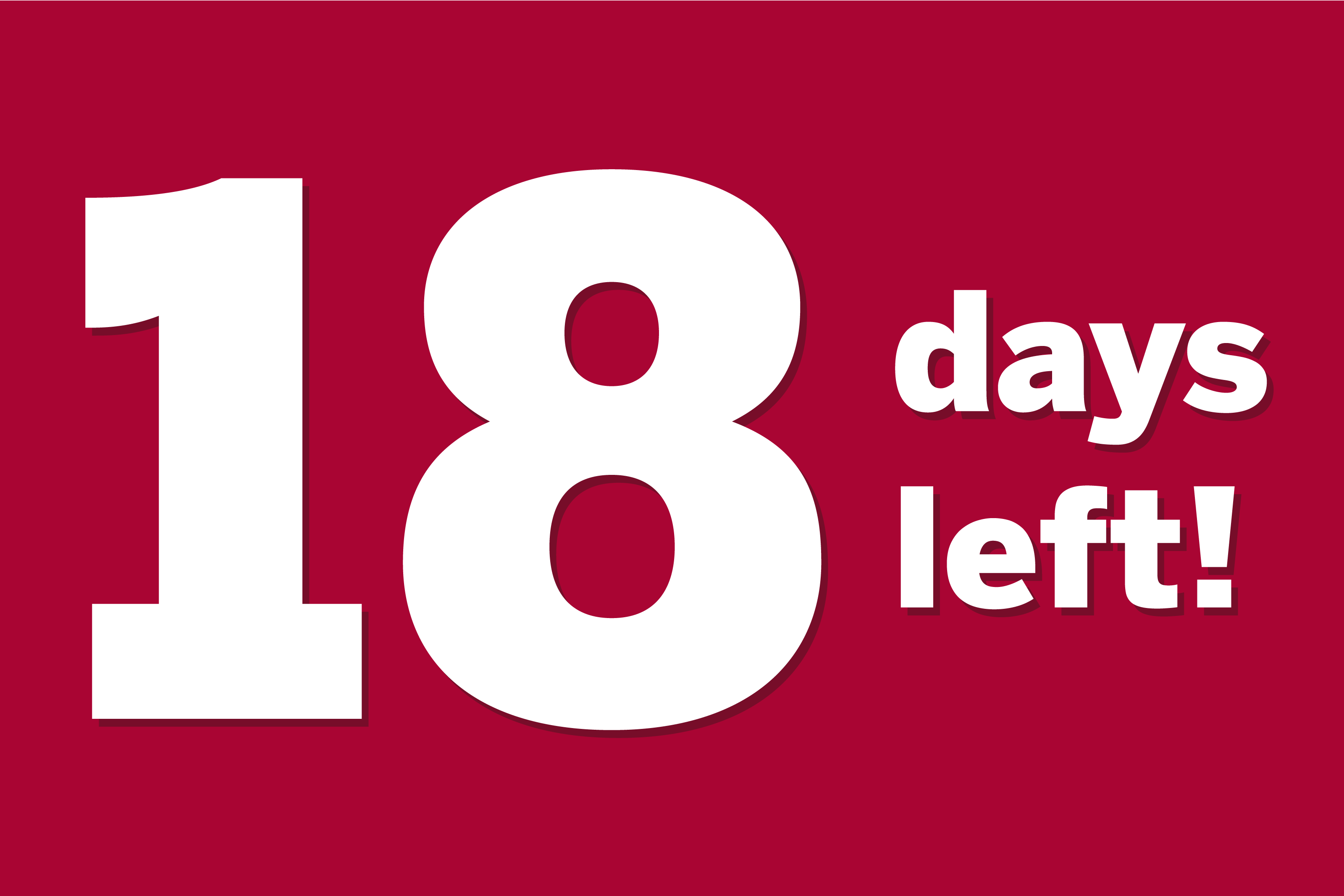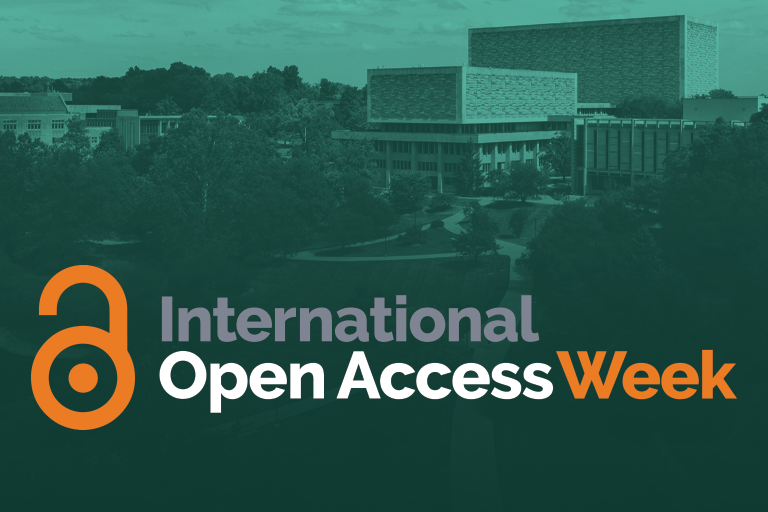October 1, 2024
As we enter the heart of the fall semester, we have been thinking a lot about summer. In returning to IUB, I have been surprised how significantly the campus and community change over those summer months – and wondering what we can do in that time to benefit students and the community and utilize our resources better year-round.
While many students take the summer for internships, study abroad, and other experiential learning or work opportunities, we also know many students either take courses at other institutions or simply pause their academic progress. Fewer than one in four undergraduates currently enroll in IU courses over the summer months. Some of that is student interest, but we can also enhance the options we offer.
From a student perspective, summer enrollment has clear benefits—helping them stay on track and even graduate faster, saving time and money, while also enabling closer relationships with faculty and staff in the more intimate classes that summer typically affords. Summer learning also opens the door for unique course clusters or experiential learning opportunities in Bloomington and the region that simply don’t fit into the traditional academic year.
What’s more, many students, especially our returners, are already tied into housing leases in Bloomington that go unused, paying for space they aren’t occupying. For those who wish to stay on campus, our residence halls and dining facilities and staff can be available nearly all summer long.
By expanding summer offerings, we can make it more inviting for students to stay local for at least part of the summer, take classes, make further progress toward their degrees, and possibly see a side of Bloomington they have never experienced. For international students, this is an especially attractive option, allowing them to take accelerated or prerequisite courses rather than returning back and forth overseas.
Even through online classes, students can better use the time to catch up on core courses or try unique electives while pursuing other summer endeavors. With the wide range of in-person, hybrid, and online courses we can offer, we can reach students wherever they are – in the modality that works best for them.
We are also exploring ways to launch new summer start programs for incoming freshmen, while expanding access to freshman seminars to all students – a goal recommended by the student success committee and a key part of our IUB 2030 strategic plan.
For faculty and departments, it’s an exciting opportunity. If we think creatively about what the summer term could look like, we can enhance both learning and teaching experiences in new ways. Imagine offering focused, intentional clusters of courses that not only fulfill key degree requirements but also create deeper, more meaningful engagement with our students. Imagine new study abroad opportunities, community-based learning, or courses that offer other high-impact practices. Along with diverse electives, we can offer more core and required courses, which students often seek elsewhere, to allow students to catch up or work ahead.
Rethinking summer could also offer more opportunities for faculty in the long run. We can consider new interdisciplinary collaborations, team teaching, or expanded roles for graduate student instructors, many of whom already stay in Bloomington during the summer, to build capacity in ways that allow us to be more intentional about how and when we teach.
I believe strongly that students are open to using this time more productively toward their academic progress. We simply have to make it possible.
Fall is the time to take action on this. Students are already thinking about their summer plans—whether it’s lining up internships or enrolling in courses. Advising for spring and summer begins soon as well. By getting ahead of the curve and making available the summer courses they need now, we can set them up for success, improve retention, and ultimately enhance the overall student experience.
It’s about creating an academic environment that serves our students and faculty all year long, rather than primarily two-thirds of the year. The goal here is not to add more to our plates, but to provide value—to students, to faculty, and to our whole campus.
We have been having this conversation already with the academic deans, and I know all would welcome your thoughts on this. How can we offer courses that better serve our students in the summer? What can we do to create more meaningful learning experiences during these months? Together, we can use our time now to make the summer a time for growth—not just for our students, but for all of us.


